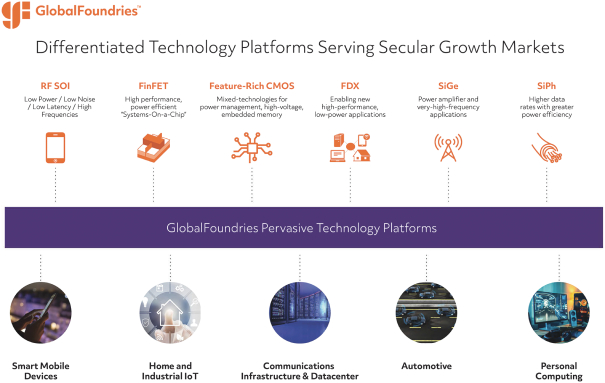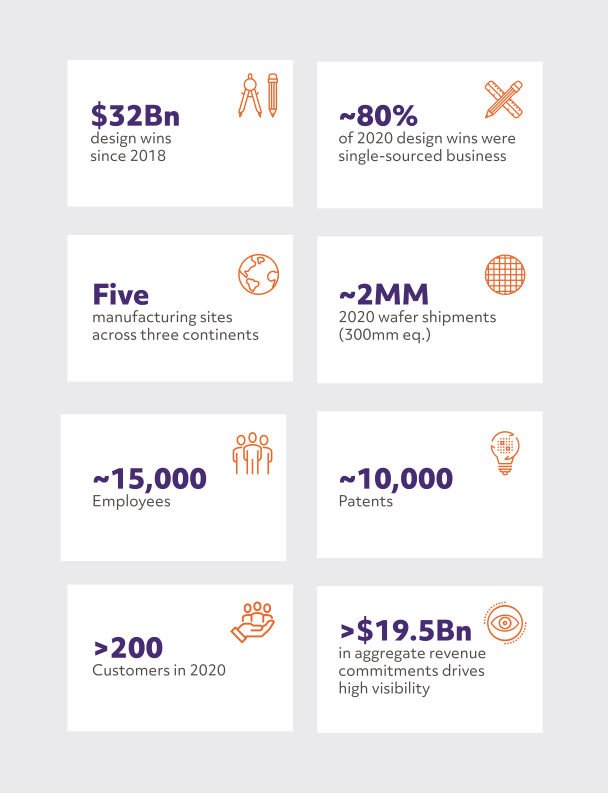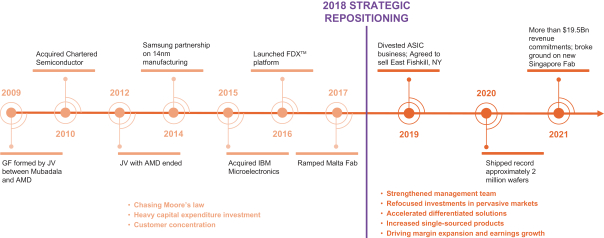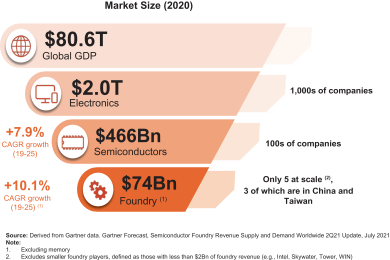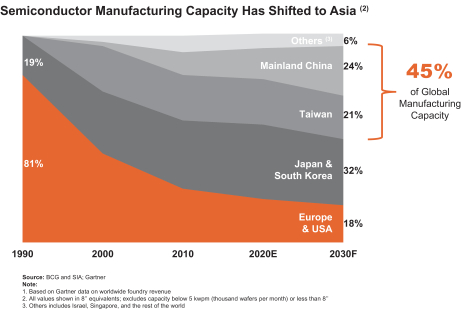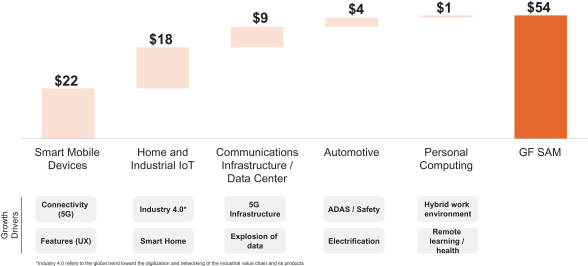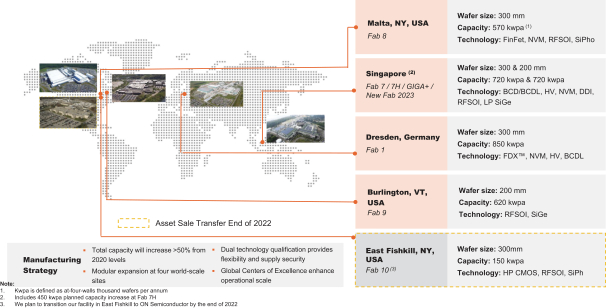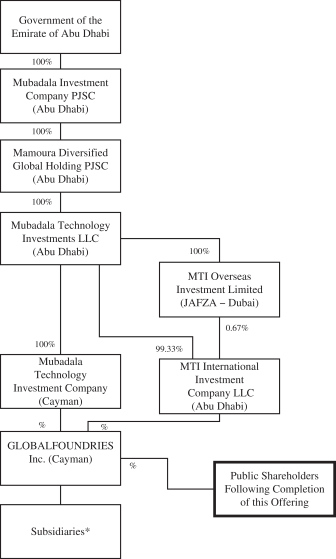Regulations and customer-imposed requirements in response to climate change could result in additional costs related to changes in process materials, control of process emissions, “carbon taxes” or related fees, and sourcing of energy supplies. Increased frequency of extreme weather events, and chronic conditions like higher temperatures and droughts could cause disruptions to our manufacturing facilities, non-manufacturing operations and supply chain.
Although we have policies, controls, and procedures designed to help ensure compliance with applicable laws, there can be no assurance that our employees, contractors, suppliers or agents will not violate such laws or our policies. Violations of these laws and regulations can result in fines, criminal sanctions against us, our officers, or our employees, prohibitions on the conduct of our business, and damage to our reputation.
Any of the foregoing factors could materially and adversely affect our results of operations, financial condition, business and prospects.
We are subject to anti-corruption, anti-bribery, anti-money laundering, counter-terrorist financing laws and similar laws and regulations, and non-compliance with such laws, regulations and standards can subject us to administrative, criminal or civil liability and harm our business, financial condition, results of operations and reputation.
We are subject to the U.S. Foreign Corrupt Practices Act of 1977, as amended, U.S. anti-bribery laws and other anti-corruption, anti-bribery, anti-money laundering and counter-terrorist financing laws and regulations in the countries in which we conduct business. Anti-corruption and anti-bribery laws have been enforced aggressively in recent years and are interpreted broadly to generally prohibit companies, their employees and their third-party intermediaries from authorizing, offering or providing, directly or indirectly, improper payments or benefits to recipients in the public or private sectors. In connection with our international sales and business and sales to the public sector, we may engage with business partners and third-party intermediaries to market our products and services and to obtain necessary permits, licenses, and other regulatory approvals. In addition, our third-party intermediaries, or other business partners, may have direct or indirect interactions with officials and employees of government agencies or state-owned or affiliated entities. We can be held liable for corrupt or other illegal activities of these third-party intermediaries or other business partners, their employees, representatives, contractors, partners, and agents, even if we do not explicitly authorize such activities. Although we have policies and procedures to address compliance with such laws and regulations, there is a risk that our employees and agents will take actions in violation of our policies and applicable law, for which we may be ultimately held responsible.
Detecting, investigating and resolving actual or alleged violations of anti-corruption laws can require a significant diversion of time, resources and attention from senior management. In addition, noncompliance with anti-corruption, anti-bribery, anti-money laundering or counter-terrorist financing laws and regulations could subject us to whistleblower complaints, investigations, sanctions, settlements, prosecution, enforcement actions, fines, damages, other civil or criminal penalties or injunctions, suspension or debarment from contracting with certain persons, reputational harm, adverse media coverage and other collateral consequences. If any subpoenas or investigations are launched, or governmental or other sanctions are imposed, or if we do not prevail in any possible civil or criminal proceeding, our results of operations, financial condition, business and prospects could be materially and adversely affected. Even in the event of a positive outcome in such an investigation or proceeding, the cost of the investigation or defense could be significant and negatively affect our financial performance.
These laws, regulations and standards are driving the review and updating of many corporate policies and systems, often at significant expense. Until there is a settling of a consistent and stable global approach, our company, with customers and employees around the world, will be exposed to financial risk in complying with these requirements. Any of the foregoing factors could materially and adversely affect our results of operations, financial condition, business and prospects.
43


